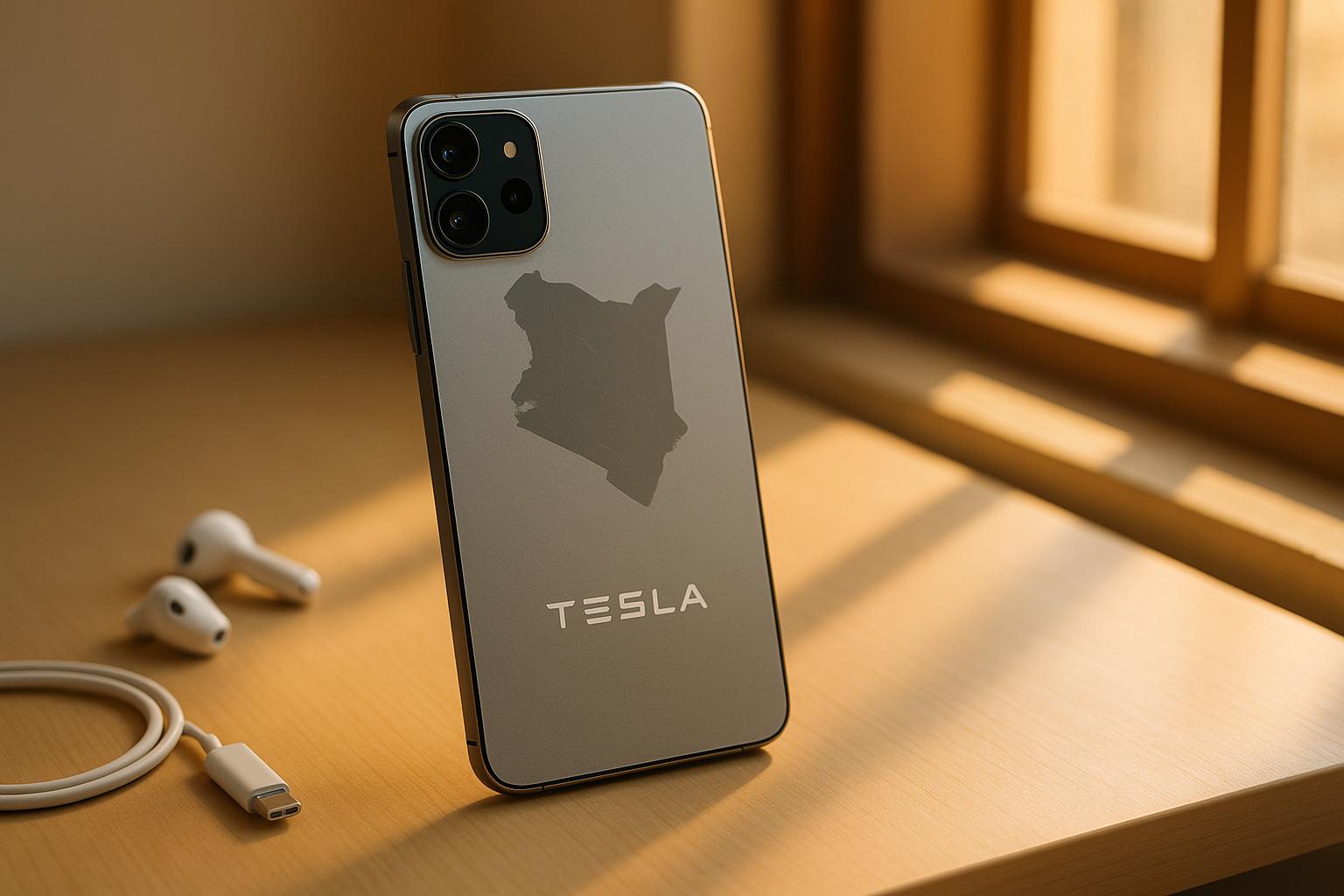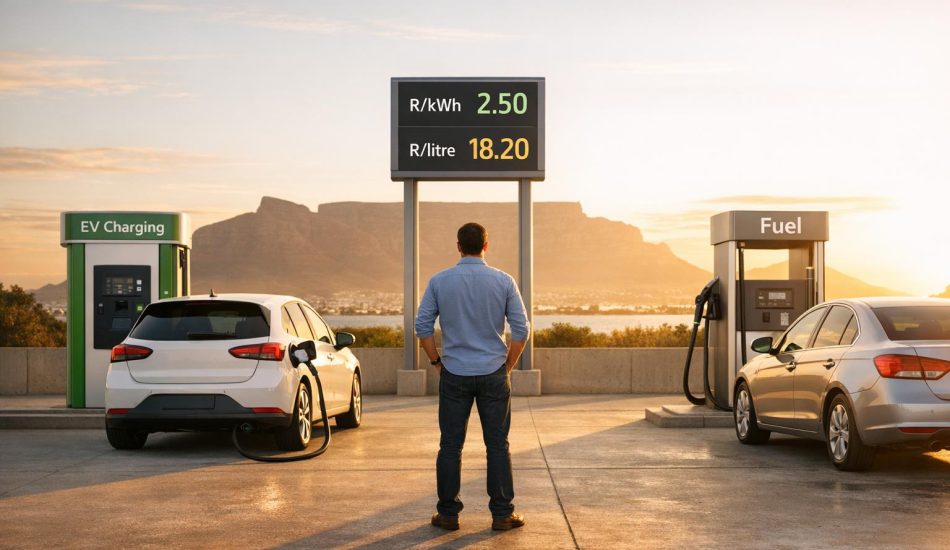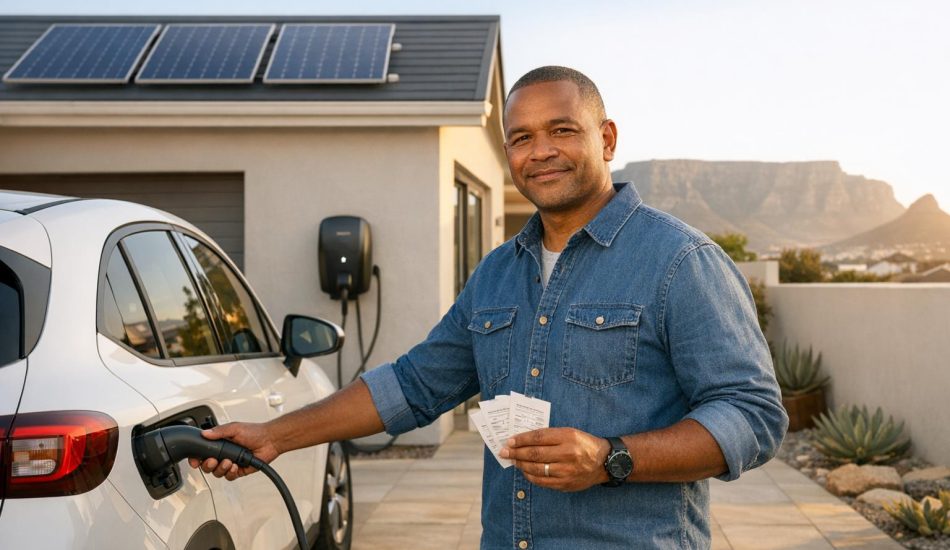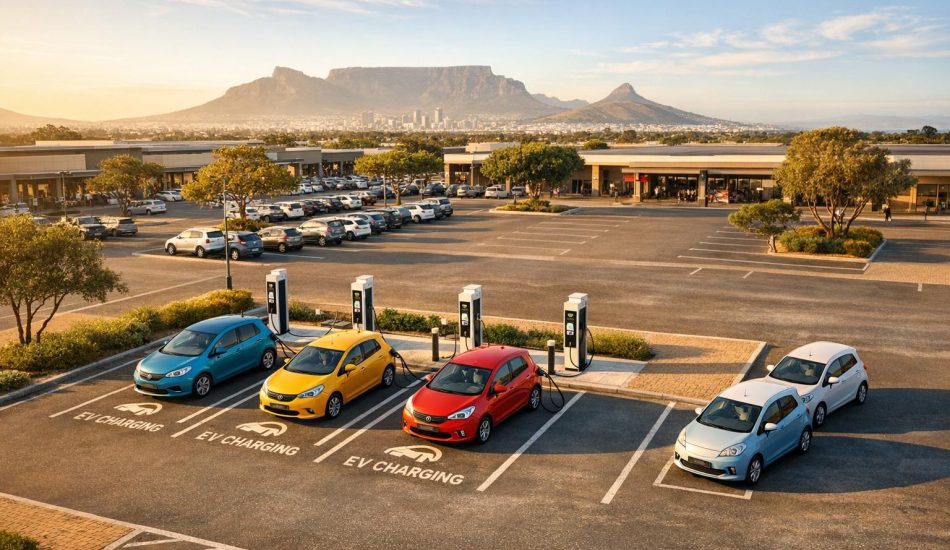
Rumors about a Tesla phone have been circulating, stirring curiosity, including in Kenya. However, Tesla has not announced any plans to create a smartphone, and Elon Musk has publicly denied these claims multiple times. Despite this, speculation continues, with discussions about possible features like Starlink integration, solar charging, and cryptocurrency mining.
If Tesla were to release a phone, it would likely follow its usual product rollout strategy, starting in North America and reaching Kenya years later. Pricing estimates suggest it could cost between $800 and $1,500, translating to approximately Ksh. 120,000 in Kenya. However, without any official confirmation, these remain hypothetical scenarios.
For now, the Tesla phone remains a rumor, and Kenyan consumers are better off focusing on Tesla’s existing products like electric vehicles and Starlink services.
Is the Tesla Phone Real? Facts vs Fiction
No, there is no Tesla phone in development. Despite the buzz and speculation swirling online, there’s no solid evidence to back up the idea of a Tesla smartphone.
Let’s take a closer look at what Tesla and Elon Musk have said to set the record straight.
Official Statements from Tesla
Elon Musk has repeatedly dismissed the idea of Tesla creating a smartphone. During his appearance on The Joe Rogan Experience and at a Town Hall on October 18, 2024, Musk made it clear that Tesla has no plans to enter the smartphone market.
"The idea of making a phone makes me want to die"
"If we have to make a phone, we will, but we will not aspire to make a phone."
Tesla’s official website (tesla.com) backs up this position. The site focuses solely on Tesla’s core offerings: electric vehicles, energy storage systems, solar panels, and charging infrastructure. There’s no mention of any smartphone in their lineup.
Common Myths and Rumored Features
Despite these clear statements, rumors about a Tesla phone persist. Here are some of the most popular myths – and why they don’t hold up:
- Starlink Integration: Some claim the phone could connect directly to Starlink satellite internet. However, there’s no official indication that such a feature is in the works.
- Neuralink Brain Interface: Wild theories suggest the phone might link directly to users’ brains via Neuralink. This exaggerates both Neuralink’s current capabilities and the limits of smartphone technology.
- Solar Charging: Viral posts propose the phone could include solar panels for charging. But realistically, today’s solar tech isn’t efficient enough to power a phone through such a small surface area.
- Cryptocurrency Mining: Another theory is that the phone might mine cryptocurrencies like Dogecoin. Unfortunately, smartphone hardware isn’t capable of profitable crypto mining.
While Musk has hinted that Tesla might consider a smartphone only under extreme conditions – such as if major tech companies restricted user freedoms – these scenarios are purely hypothetical. For now, the Tesla phone remains firmly in the realm of fiction.
When Could the Tesla Phone Launch in Kenya?
Since Tesla hasn’t announced plans for a smartphone, any potential launch in Kenya remains purely speculative. While rumors swirl about possible global release dates, Tesla’s usual product rollout strategy gives some clues about what Kenyan consumers might anticipate – if such a device ever becomes a reality. Delays in launching such a product could influence how quickly tech-savvy Kenyans adopt it.
Tesla’s Product Launch History
Tesla typically rolls out new products in North America first, followed by Europe and select Asian markets, with African markets often coming later. Take the Model S, for example – it debuted in the U.S. in June 2012 and reached international markets by 2013–2014. If Tesla were to unveil a smartphone, this pattern suggests Kenyans might see it 2–3 years after its initial release. Current rumors hint at a global launch in 2025 or 2026, but nothing has been confirmed yet. This staggered rollout approach highlights the unique challenges Tesla could face in entering the Kenyan market.
Market Entry Challenges
Bringing a Tesla phone to Kenya would involve navigating several hurdles. For starters, Kenya’s Communications Authority requires type approval for all mobile devices, and manufacturers must deal with local import duties and taxes.
Kenya’s smartphone market is already highly competitive, dominated by established brands like Apple, Samsung, and Google. Competing in this space would require Tesla to offer something truly compelling.
Another factor is Starlink connectivity. If Tesla’s phone integrates Starlink for high-speed internet access, it could revolutionize connectivity in remote areas. This could open doors for advancements in education, telemedicine, and economic opportunities in underserved regions. However, this would hinge on Starlink being fully operational in Kenya.
Additionally, Tesla would need to build a local support network, including partnerships for distribution, warranty services, and technical support. At present, Tesla lacks this infrastructure in Kenya, which could pose a significant challenge.
Without any official announcement, the idea of a Tesla phone in Kenya remains speculative. For now, Kenyan consumers interested in Tesla’s offerings might be better off focusing on the company’s confirmed products and services rather than waiting for a device that may never come to market.
Tesla Phone Price in Kenya: Cost Estimates
Tesla hasn’t officially announced a smartphone yet, but given the company’s reputation for premium products, it’s expected that their phone will fall into the high-end flagship category, complete with a price tag to match.
Predicted Price Range
Speculation suggests the Tesla Pi Phone could be priced between $800 and $1,500, placing it alongside other high-end smartphones. In Kenya, early estimates peg the price at around Ksh. 120,000, which corresponds to the lower end of the U.S. dollar range, assuming an exchange rate of approximately 150 KES per dollar.
Tesla’s potential inclusion of features like Starlink connectivity and integration with its automotive ecosystem could further solidify its position as a luxury device.
How It Compares to Current Flagship Phones
Though official details are still under wraps, the Tesla phone is expected to rival existing flagship models in Kenya. If it’s priced closer to $800, it could attract buyers looking for a high-end yet competitively priced option. However, if the price leans toward $1,500, it will cater to the luxury segment, prompting buyers to consider whether Tesla’s unique features justify the premium cost.
sbb-itb-99e19e3
How the Tesla Phone Could Appeal to Kenyan Users
The Tesla phone, with its rumored features, has the potential to address specific challenges faced by Kenyan users, particularly in connectivity and energy access. These features seem tailor-made for individuals interested in technology and sustainable solutions, making it an intriguing option for the Kenyan market.
Rumored Features and Their Relevance to Kenya
One standout feature is Starlink connectivity, which promises reliable high-speed internet access even in remote regions. This could be a game-changer for communities where traditional internet infrastructure is lacking or unreliable.
Another exciting addition is solar charging capability, featuring a built-in solar panel. This could be incredibly useful in areas where electricity access is inconsistent. The ability to charge a phone using solar energy offers a practical solution for users in rural or off-grid locations.
The phone’s rumored cryptocurrency mining capabilities might also strike a chord with Kenya’s tech-savvy population. With the country’s well-established mobile money system and a growing interest in digital currencies, this feature could attract users eager to explore new financial technologies.
Lastly, the inclusion of an astrophotography-ready camera system could appeal to photography enthusiasts. Kenya’s many regions with clear, dark skies provide the perfect backdrop for capturing stunning celestial images.
Conclusion: Tesla Phone Prospects in Kenya
The idea of a Tesla phone remains purely speculative at this point. Tesla has not revealed any plans to enter the smartphone market, and Elon Musk himself has indicated that such a move would only happen under extraordinary, anti-competitive circumstances. This highlights the importance of approaching these rumors with a healthy dose of skepticism.
For Kenyan consumers, the best course of action is to stick to updates directly from Tesla’s official channels or Elon Musk’s public statements. Without a formal announcement, it’s wiser to explore the wide range of existing smartphone options rather than holding out for a device that might never see the light of day.
FAQs
Why do people keep speculating about a Tesla phone even though Elon Musk and Tesla have denied it?
Speculation about a Tesla phone continues to swirl, largely due to Tesla’s reputation for shaking up industries and delivering cutting-edge technology. The idea of a smartphone that fits seamlessly into Tesla’s ecosystem has tech enthusiasts buzzing. Imagined features like Starlink satellite internet, solar charging, or even Neuralink compatibility have only fueled the excitement.
Even though both Tesla and Elon Musk have publicly dismissed the idea of developing a phone, the fascination persists. Tesla’s track record of challenging norms and pushing boundaries has people wondering if a Tesla phone could one day change the way we think about smartphones entirely.
What challenges could Tesla face if they launch a smartphone in Kenya?
If Tesla were to launch a smartphone in Kenya, they might face several hurdles along the way. One of the biggest challenges is the lack of official information regarding the phone’s features, specifications, and pricing. Without these details, potential customers could be skeptical about making a purchase.
Another significant concern is the rumored price tag of around $800. For many in Kenya, this price point might put the device out of reach, potentially limiting its appeal to a smaller, more affluent segment of the market.
Moreover, Tesla would need to build reliable distribution networks and offer strong customer support to compete with well-established smartphone brands already thriving in Kenya. Overcoming these obstacles would be key for Tesla to make a meaningful entry into the Kenyan tech market.
What impact could the rumored Tesla phone features, like Starlink connectivity and solar charging, have on users in Kenya?
If the Tesla phone comes equipped with Starlink connectivity and solar charging, it could offer game-changing advantages for users in Kenya. With Starlink, high-speed internet could reach remote areas that currently struggle with limited connectivity. This would make activities like streaming, video calls, and online gaming far more accessible, even in places where traditional internet services are unreliable or unavailable.
On the other hand, solar charging could be a practical and eco-friendly solution, especially for regions with inconsistent electricity. It would provide a reliable way to keep devices powered up, whether you’re in a rural area or constantly on the move.
These features might make the Tesla phone a standout choice for tech-savvy users and those looking for creative solutions to everyday problems, particularly in areas where conventional infrastructure often falls short.




